How while colorism has not ended, the pivot on-screen is hopeful
I squatted down on the floor, my mom anointing my hair with Hibiscus oil, as I surfed through Netflix, and my eyes landed on 'Masaba Masaba'.
I scrambled to switch to the show and nearly dropped the remote in excitement as I stared at the thumbnail: A Brown woman revelling in a white dress sitting across her mother with the letters MASABA MASABA across the screen. The thumbnail stood out to me; it was rare that I saw a Brown Black female lead in a show.
There's a body of research called 'symbolic annihilation,' which is the idea that if you don't see people like you in the media you consume, it makes you wonder if somehow, you’re unimportant. It makes you question if you matter and if society values you. In one study about television's effect on self-esteem with Kristen Harrison of the University of Michigan focusing on children, it was found that TV made subjects feel good about themselves if those subjects were white boys. Girls and boys of colour, on the other hand, reported lower self-esteem.
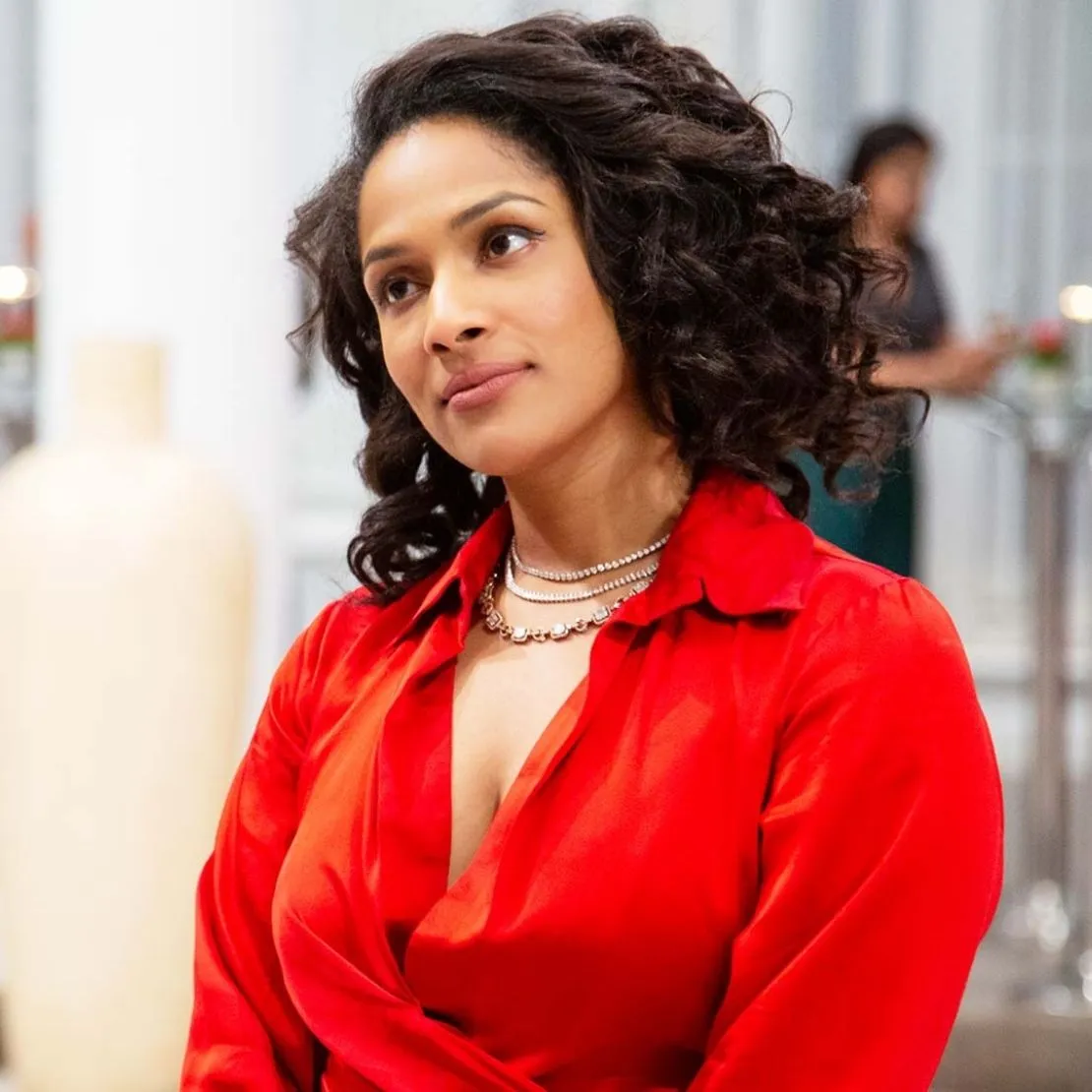
I was so excited to see a Brown woman as the protagonist of a trending show. While some South Asians like Aishwarya Rai did gain global acclaim and were considered universally attractive, they weren’t really representative of a typical South Asian but rather adhered to Eurocentric standards of beauty.
These standards of beauty have a two-pronged approach, as explained by Nandita Das. Firstly, the idea that Aryans are superior to the Dravidians, and secondly, the association of pale skin with power. This is one of the reasons why even when darker Indian women did land the role of the protagonist, they were portrayed to be from a lower caste or an impoverished background. An example could be the 2019 film Bala where the protagonist employs ‘brownface’ to portray a person from a disadvantaged background. Even the film Super30 starring Hritik Roshan had temporarily darkened the protagonist’s skin because he belongs to the state of Bihar (one of the poorest states in India). This is an old practice and can even be seen back in 1957 when Sunil Dutt’s skin was darkened to play a farmer in the film ‘Mother India’.
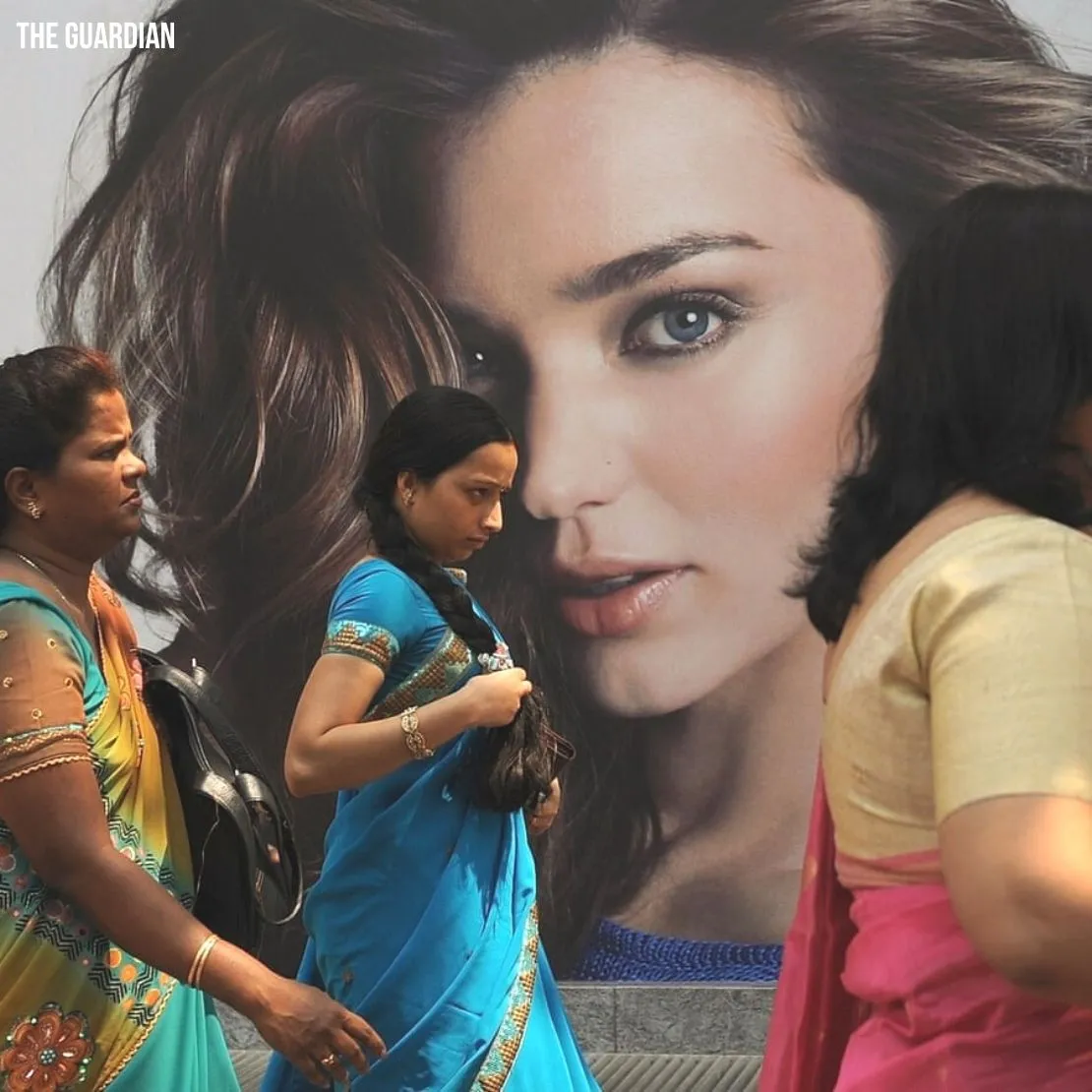
Masaba has also been very vocal about her experience with colourism growing up as a dark-skinned child. She routinely talks about how she grew up believing she was inferior merely because she had a darker skin colour than most people around her. She shares how, while she was growing up, people would remark that she would never get married because of her darker skin tone. Subtle instances of the show also highlight these subconsciously racially insensitive attitudes in daily life.
For example, one of her dates casually remarks that he can't wait to go to Africa with her, and later she expresses how everyone mistakes her as an African. Her friend tries to comfort her by remarking that it's her curly hair. In another instance, when Masaba was shopping at a store, the shopkeeper hands her own prints and claims they were exported from Africa because of the name 'Masaba'. She took to Instagram to express that these issues did happen in real life as well.
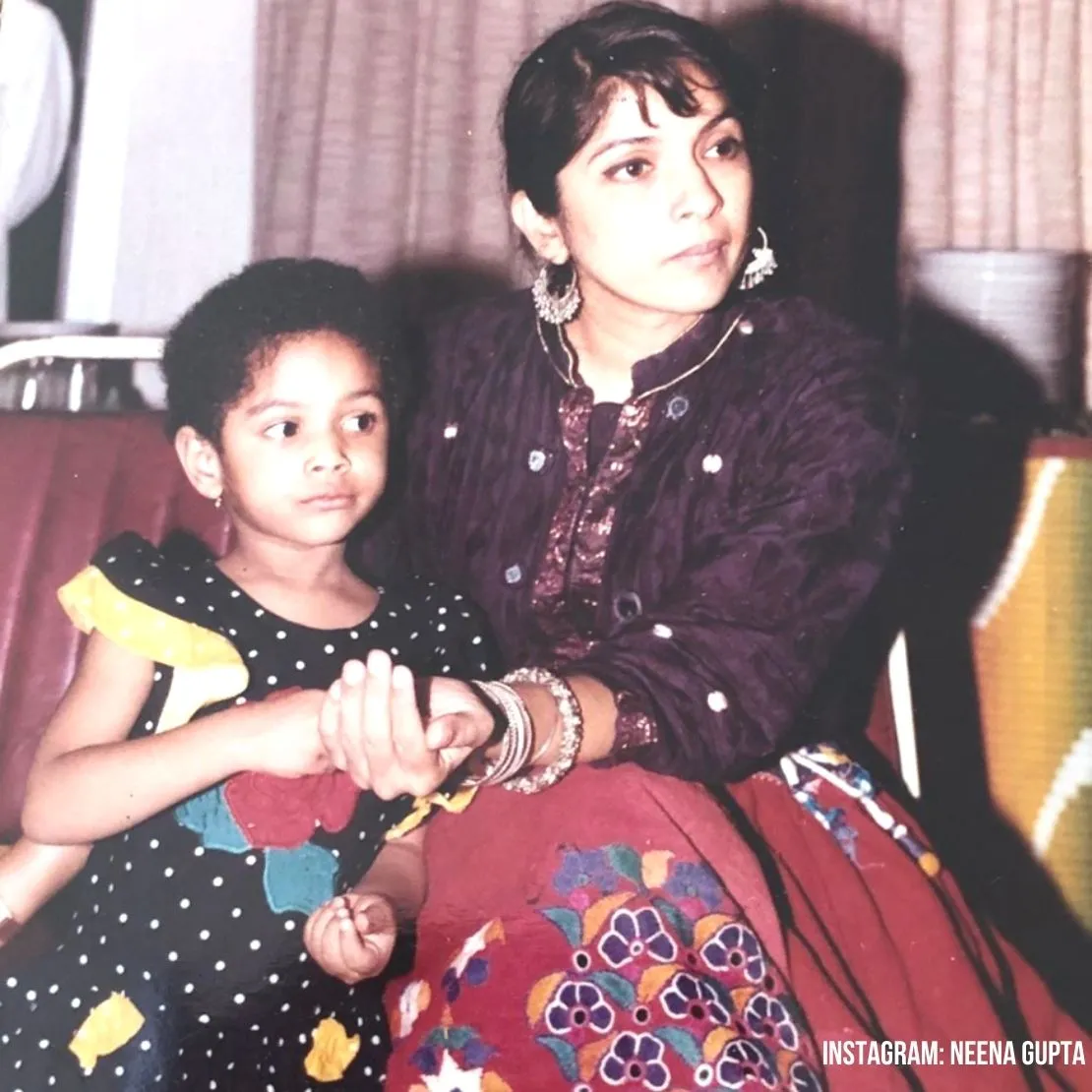
Masaba has always actively spoken against Fairness creams, and slammed the Bollywood Industry for their blatant colourism especially when it comes to landing roles in advertisements.
As I devoured this show, I was glad to see the stereotypical image of dark-skinned characters not being perpetuated. Masaba had a mixed racial background, her mother is from India, and her father is from the West Indies, which could be comforting for kids with similar backgrounds.
A study states that for the underrepresented, seeing a character who looks like them can have a limiting effect if that character is restricted to behaving only in certain ways, which don’t reflect the breadth of their life’s experience. If you are a black, Asian or Latinx person who sees an “inauthentic” or “one-dimensional” version of yourself, they explained, you “may wonder if that is all that is expected of you in society.” This is why stories of people from diverse backgrounds are needed more than ever.
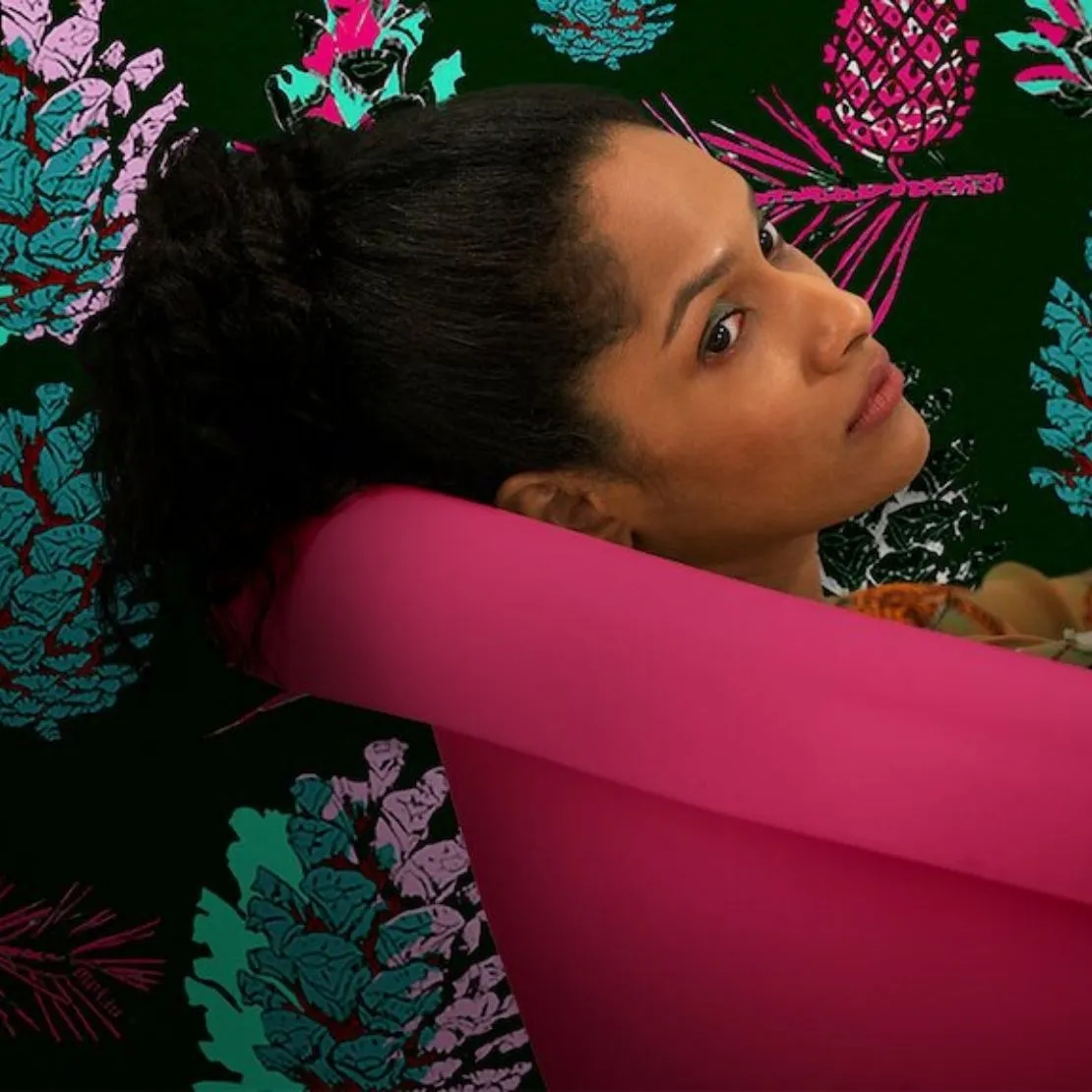
On the one hand, people of similar ethnic backgrounds can see themselves as the hero of the story for once. One study found that nonverbal racial biases in facial expressions and body language, as represented on popular television shows, influence white viewers’ racial biases.
Furthermore, a lack of contact between racial groups can lead to greater reliance on media stereotypes when formulating ideas about people outside one’s race. Studies show that audiences substitute stereotypes they see on screen for reality when they have not had any direct interactions with particular racial groups. For instance, Latino stereotypes in the media can lead audiences to negatively associate immigration with increased unemployment and crime.
And on the other hand, kids from other ethnic groups can also develop this image of people from different ethnicities being heroes.
As corny as it sounds, I did feel empowered watching Masaba's story. We were fed with tales like Cinderella who needed a Prince Charming to save her. Cinderella was submissive and didn't stand up to her abusive family. This obsession with a graceful submissive woman just continues with the never-ending stream of Bollywood movies.
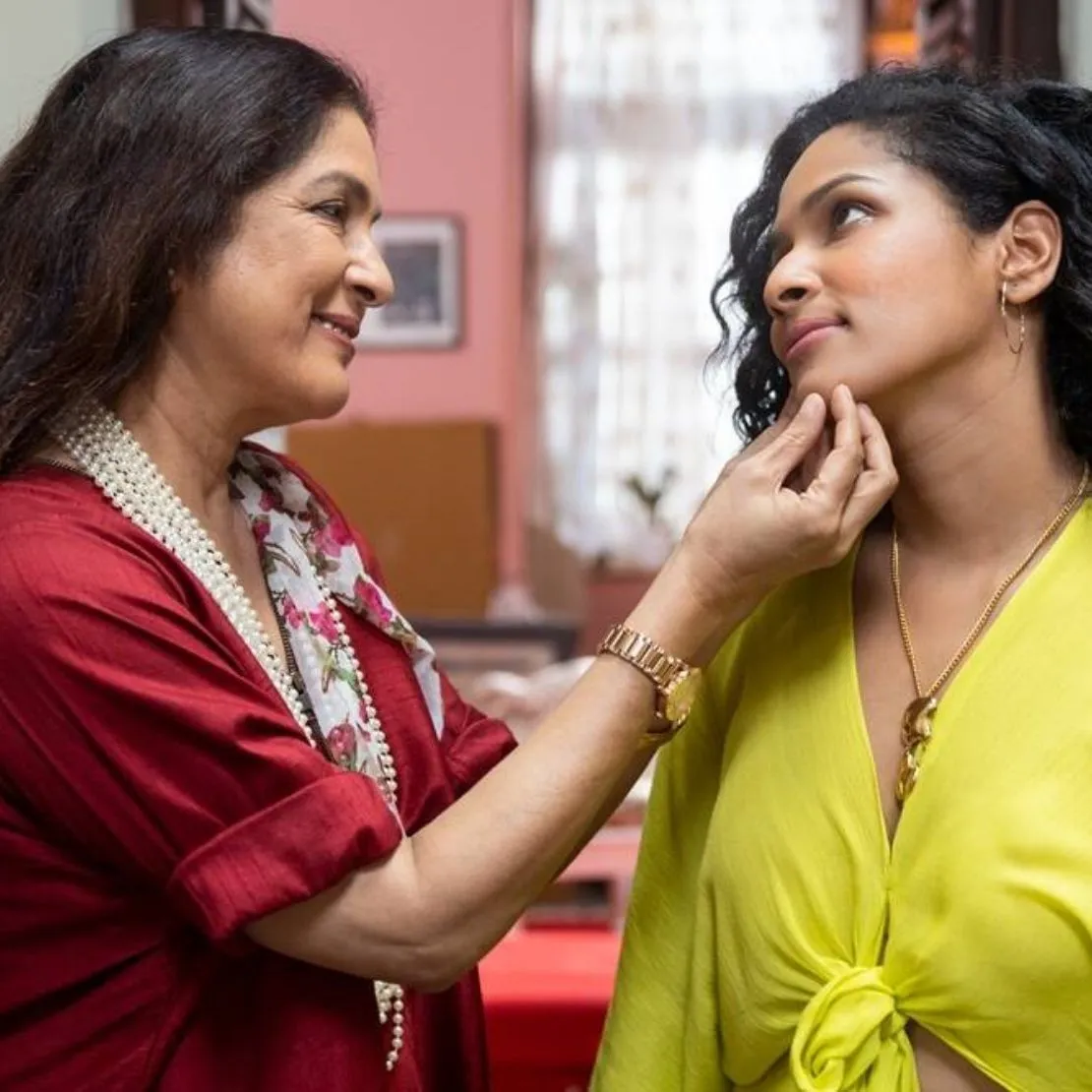
Masaba was an unapologetically fierce woman who lived life on her own terms. She was unabashed as life threw one challenge after another.
In the first episode, she initially feels sick upon reading a Blind item on the breaking relationship with her husband, her inbox is flooding with voicemails, and her clients are also curious about the story. Things spiral out of control when she announces her divorce on Instagram, but she moves past all that.
As Masaba demonstrated, a Sherni such as herself doesn't bother with the opinions of sheep.
The show was revolutionary in terms of creating a sex-positive environment for Indian women. For example, it was when Masaba’s friend gifted her a vibrator or when she had no strings attached fun; it was refreshing to see that the story didn’t end with her being tied down to a man.
The show also does a great job in portraying how divorced women are treated in India. This is highlighted when she looked for flats and got denied because she didn't have a man to sign off on the lease. It is frowned upon in our culture for a woman filing for divorce, even when the person faces domestic violence. Still, Masaba didn't care about the possible ridicule and ostracizing attitude she faced.
After all, this lioness didn't fear laughter coming from hyena.
Masaba Masaba, a light-hearted show taking jabs at the Bollywood industry, is so much more than amusing. It talks about how although your life might be a ‘hot mess’ you could use that to ‘spark’ your imagination. (Just like the inspiration behind Masaba’s collection was her messy life). A delightful show featuring a strong ‘trailblazer’ female lead, it’s sure to send you into a fit of giggles.